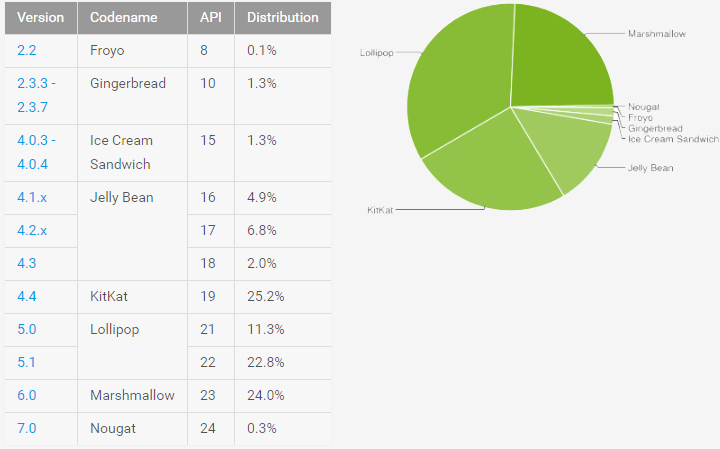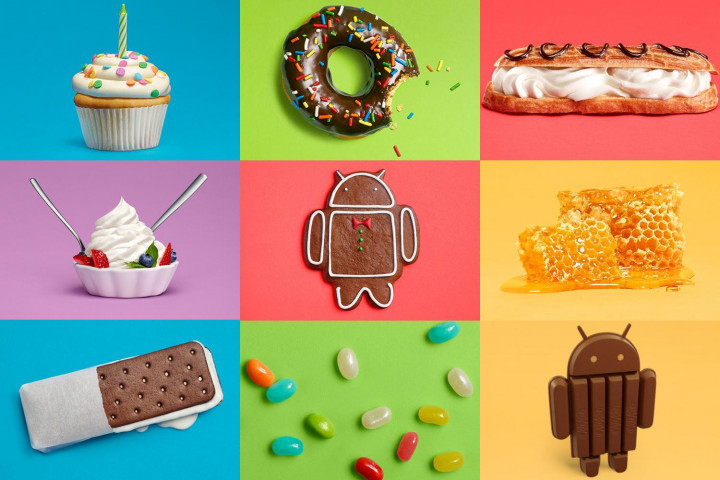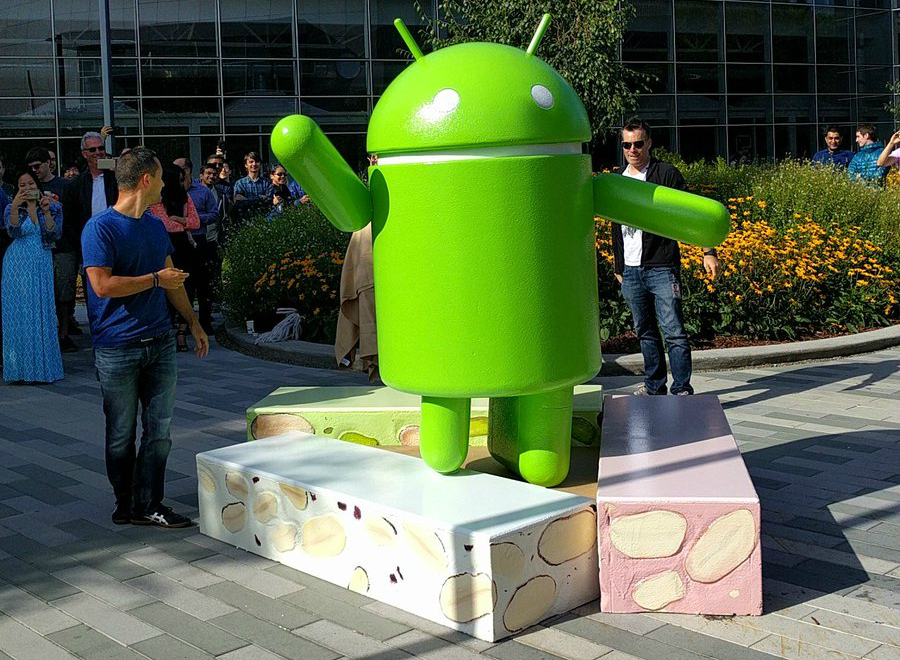The latest version of Google's popular mobile operating system, Android 7.0 Nougat, is finally showing up on the Android Developer Dashboard.
Data collected during a seven-day period ending November 7, 2016, shows that Nougat is installed on just 0.3 percent of Android devices. For an operating system that reached general availability on August 22 (that's 11 weeks ago as of this writing), that's absolutely abysmal.
Android 6.0 Marshmallow adoption now sits at 24 percent while Lollipop accounts for 34.1 percent of the install base.
For comparison, Apple's iOS 10 launched on September 13 and has been installed on 60 percent of devices as of October 25 (exactly five weeks). Another 32 percent of devices are running iOS 9 while just eight percent are using an earlier version, Apple says.
It's hard not to sound like a broken record but there's simply no way to ignore the massive pink elephant in the room that is fragmentation. It's been a persistent issue with Android for years and there's no evidence or incentive for the powers that be to do anything about it. In some instances, key players actually benefit from Android's fragmented platform.

Handset manufacturers and wireless carriers are largely to blame for the fragmented landscape as the skins and overlays they utilize further complicate and delay the rollout of updates.
In theory, manufacturers and carriers could eliminate custom user interfaces and ship devices with vanilla versions of Android but that goes against their business model of generating revenue from third-party apps (bloatware) that come pre-installed on devices. What's more, it's a lot easier for a carrier to sell you a new phone with the latest version of Android if the firmware on your existing device is old and can't be updated.
Digital Trends is also correct in its assessment that having such a huge number of devices running outdated versions of Android is a serious security concern. It also looks bad to tech folks like you and I but odds are, the average consumer has no idea about the issue (nor do they probably care). And as long as Android is winning the market share battle, what incentive does Google really have to try and fix things?

Fragmentation also means that consumers are missing out on the latest and greatest features that Android has to offer. Even if their current mobile device is powerful enough to handle new experiences, they won't ever have the opportunity unless they buy a new device.
Trying to force manufacturers and carriers to roll out updates in a timely manner is essentially a double-edged sword as doing so would go against the open source nature that Android's foundation is built on.
